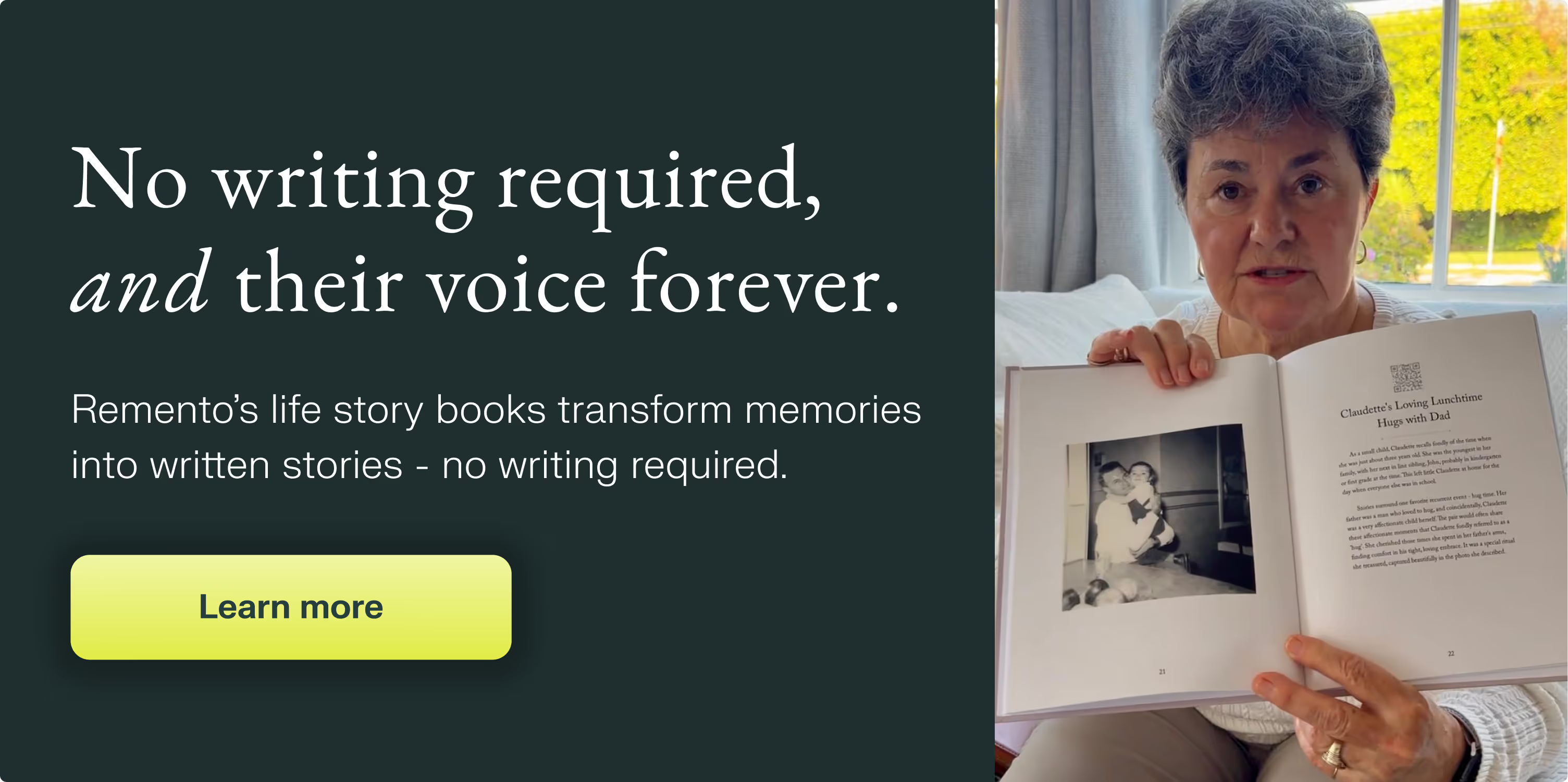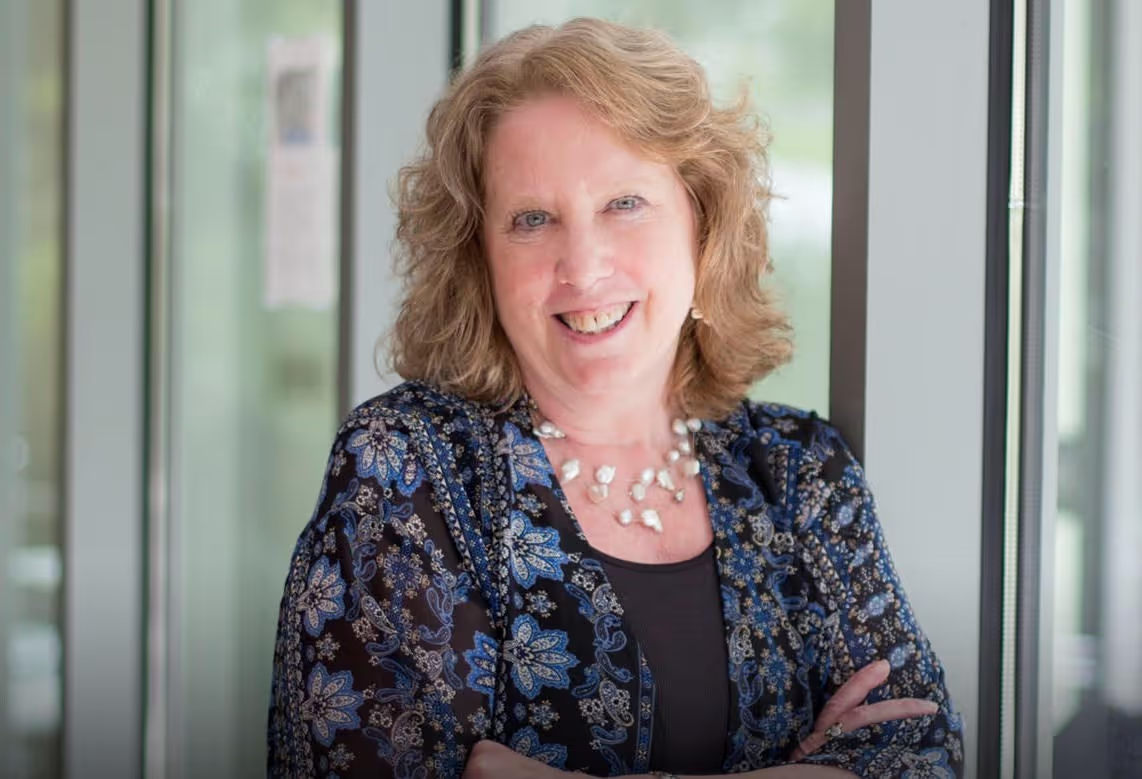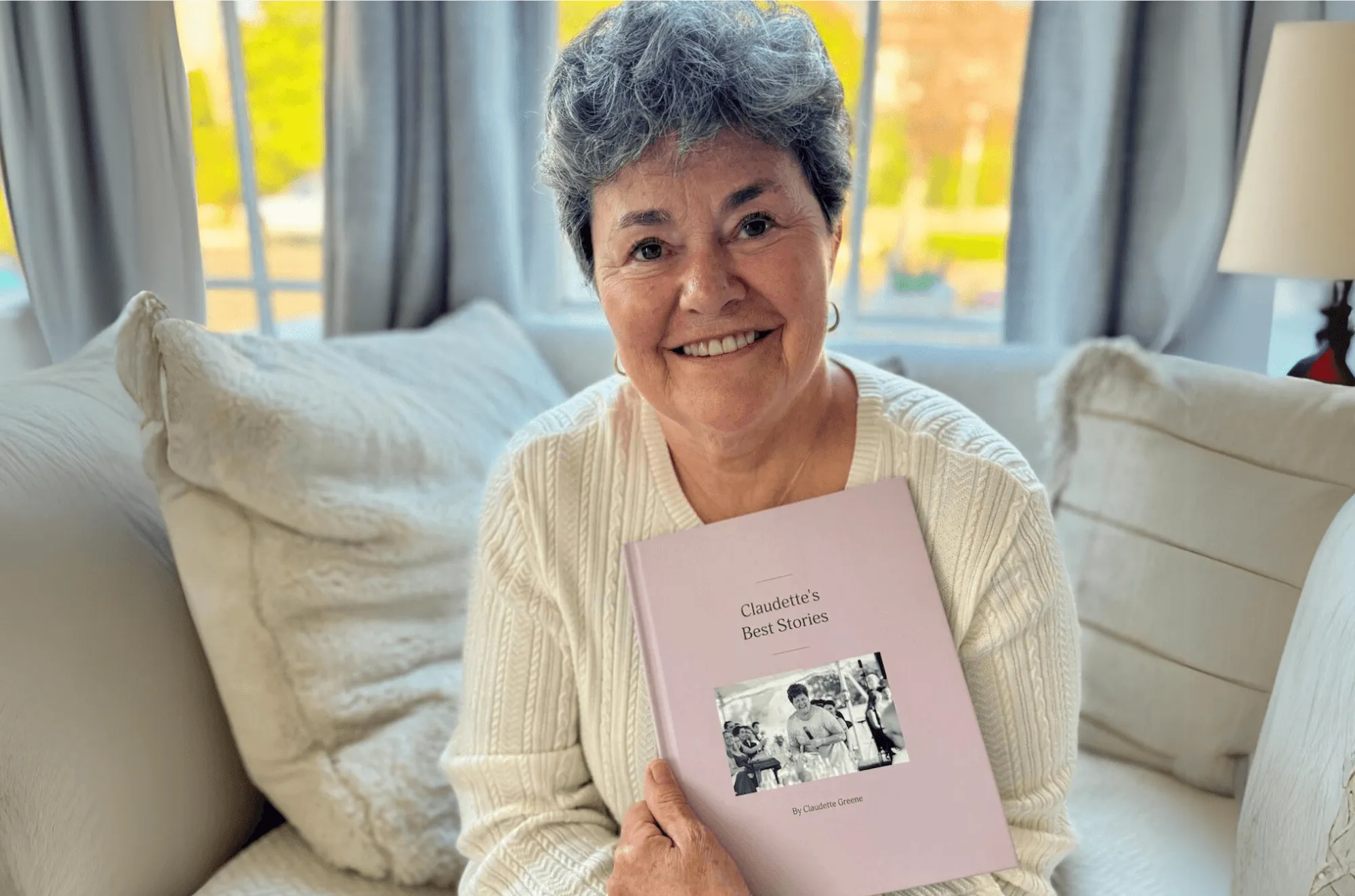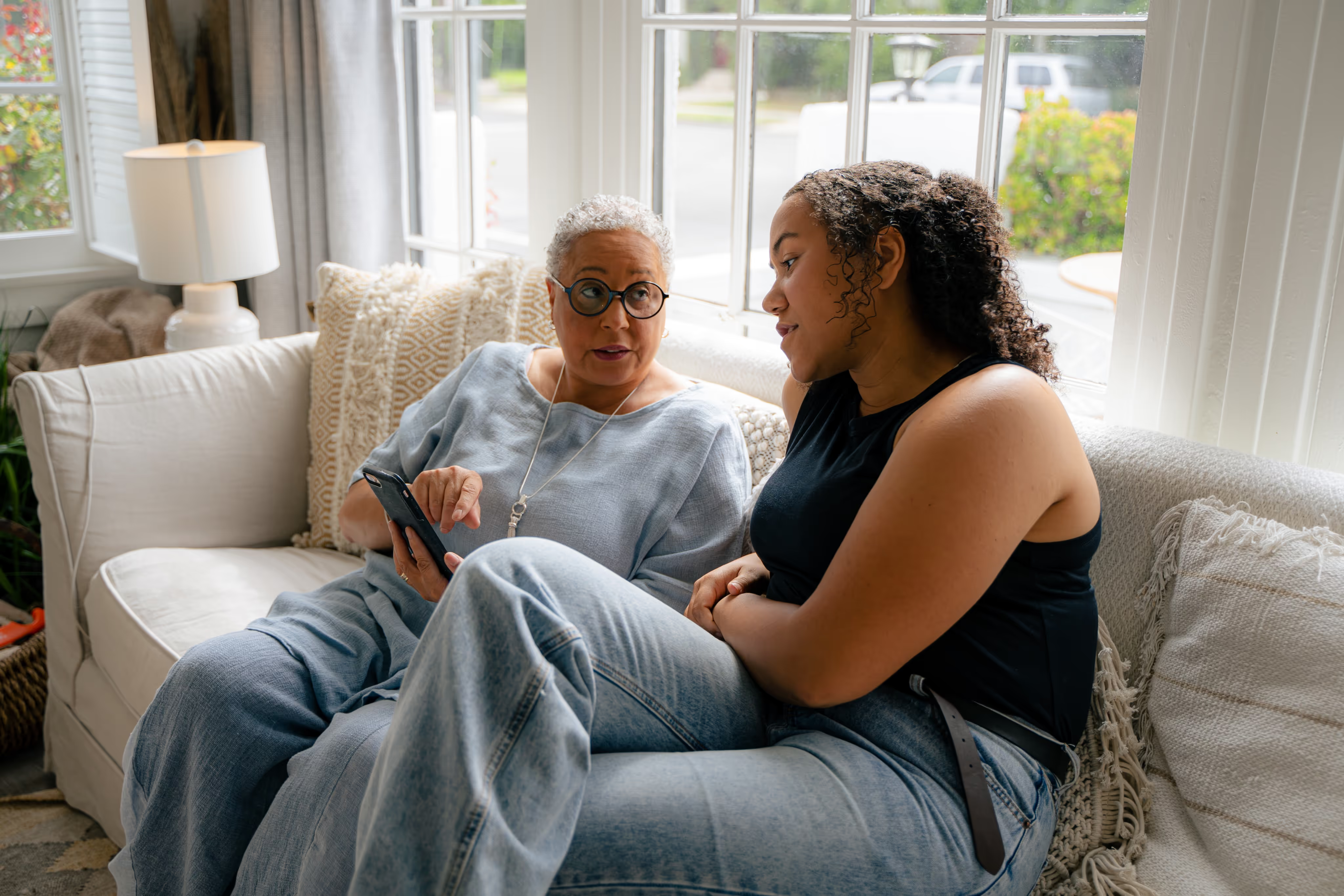Guaranteed to teach you things you never knew.
How to Build Resilient Kids Through Family Narratives
Author, professor, and researcher Robyn Fivush, PhD, explains why sharing family stories create more resilient children and young adults.
Author, professor, and researcher Robyn Fivush, PhD, explains why sharing family stories create more resilient children and young adults.
I have been studying the ways in which families reminisce about their past together for the past 35 years. My interest initially stemmed from focusing on how each of us creates memories, stories of our lived experiences, that influence our sense of who we are and who we want to be, especially in childhood. The more I studied children, the more I realized that we must study their emerging stories as part of the larger family environment in which stories of individual family members, past and present, are told and retold.
Many parents think that their adolescents are rolling their eyes and not listening – yet we have interviewed hundreds of adolescents and almost all of them know stories about their parents and grandparents. And they think these stories are meaningful; they tell us the stories help them understand their parents better, understand themselves better, and help them to learn about the world. Adolescents may not seem to be listening – but they are! And these stories matter to them and for them. Just keep telling stories!
Stories bind us together.
There are many kinds of family stories – stories that simply catch everyone up on the events of the day, what happened at school and work, stories of the shared family past, what we did last summer or the time we visited Great Aunt Hilda, and stories of the intergenerational past, stories about the parents’ childhoods, and their grandparents before them. All of these stories are interwoven when families talk about their past, and all are important. They bond us together, creating a shared history and place in the world. They provide an anchor especially when times are turbulent.

Stories help create meaning from our experiences.
Stories are how we create meaning from our experiences. Stories carve the flow of experience into meaningful beginnings, middles and ends, and stories integrate what happened in the world with the internal working of minds, the thoughts, emotions and motivations of the actors. We create meaning through stories by interpreting and evaluating human actors motivated to do things in a complex social and cultural world, and we re-interpret and re-evaluate those stories with each telling. As we tell and hear stories among our families, friends and communities, we build a shared understanding of who we are, who they are, what the world is like, and why it all matters.
Stories help us form our identities.
Adolescents and young adults are in the process of figuring out who they are and who they want to be, what the psychologist Erik Erikson called “the identity crisis.” Essentially, adolescents and young adults are moving out into the larger world and being called upon to start making decisions that will chart their adult lives – education, profession, relationships, religion, politics and so on. They are in the process of exploring different ways of being in the world and different pathways moving forward. Amidst this exploration, stories of family members, people that adolescents and young adults feel connected to through family ties, provide models and frameworks for what it means to be a good person and to live a good life. Intergenerational stories provide a base from which adolescents and young adults can explore and grow into their own person.
Stories support mental health.
Adolescents and young adults who know more of their family stories, and tell family stories that are more coherent and detailed, show higher levels of self-esteem, lower levels of anxiety, and a higher sense of meaning and purpose in life. Middle age and elderly adults who tell more family stories to the younger generation have a higher sense of generativity, the sense of leaving something meaningful for the younger generation.
Stories help build shared resilience.
All family stories are important – everyday stories that are told in bits and clips and the big family stories that are told and retold every family holiday as a full performance! Stories about the good times and positive emotions help build a sense of shared history and emotional bonding but stories of challenging times are equally important. Stories of going through difficult experiences help build a sense of resilience, of being together through tough times and making it through, of being strong because we are together.
Stories highlight what matters most.
It is easy to get distracted by debates over facts and specific details, but this doesn't take away from all the benefits storytelling offers. In some sense, none of our memories are “accurate” in that memory is never a copy of what happened. Our memories are always interpreted and evaluated in terms of what happened previously and what happened later. Even more, every time we talk about an experience with others, the memories change a little bit – others add or re-interpret in ways that may alter what we remember. But most of our memories are reasonably accurate to the events of the past. What is most important for family memories is how we tell them, how we frame them – when a challenging event occurs, did we rise to the occasion and come together as a family to cope or overcome, or were we devastated and could not recover? It is the interpretations and evaluations that provide the grist of family stories. It is not always about what happened – although that clearly matters – but what we think it means about who we are.
Stories are a part of being human.
Humans are storytellers – we tell stories all the time. About 40% of all conversation is stories – maybe just fleeting references to things that happened that day or more elaborated stories of the recent and/ or the distant past. Stories just emerge. Certainly we can be more deliberate about family storytelling, and certainly about collecting more intentional oral histories from older family members, but the reality is, families simply tell stories all the time. Just relax and listen.

About Robyn Fivush
Robyn Fivush is the Samuel Candler Dobbs Professor of Psychology and Director of the Institute for the Liberal Arts at Emory University, where she has been on the faculty since 1984. She is a Fellow of APA and APS. She researches the social construction of autobiographical memory and narrative identity, and has published numerous articles, chapters, and books on family stories.
Next up: How to Navigate Tough Family Conversations
Remento does not provide medical advice. The information provided in this article is for informational purposes only and not intended to be a substitute for professional medical advice, diagnosis, or treatment. Always seek the advice of your physician or other qualified healthcare provider with any questions you may have regarding a medical condition or treatment.

Their stories, forever at your fingertips
Remento’s life story books turn a parent or grandparent’s memories of the past into a keepsake book for the future - no writing required,.
Capture priceless family memories today
Join the thousands of families using Remento to preserve family history, all without writing a word.
.avif)
.avif)
